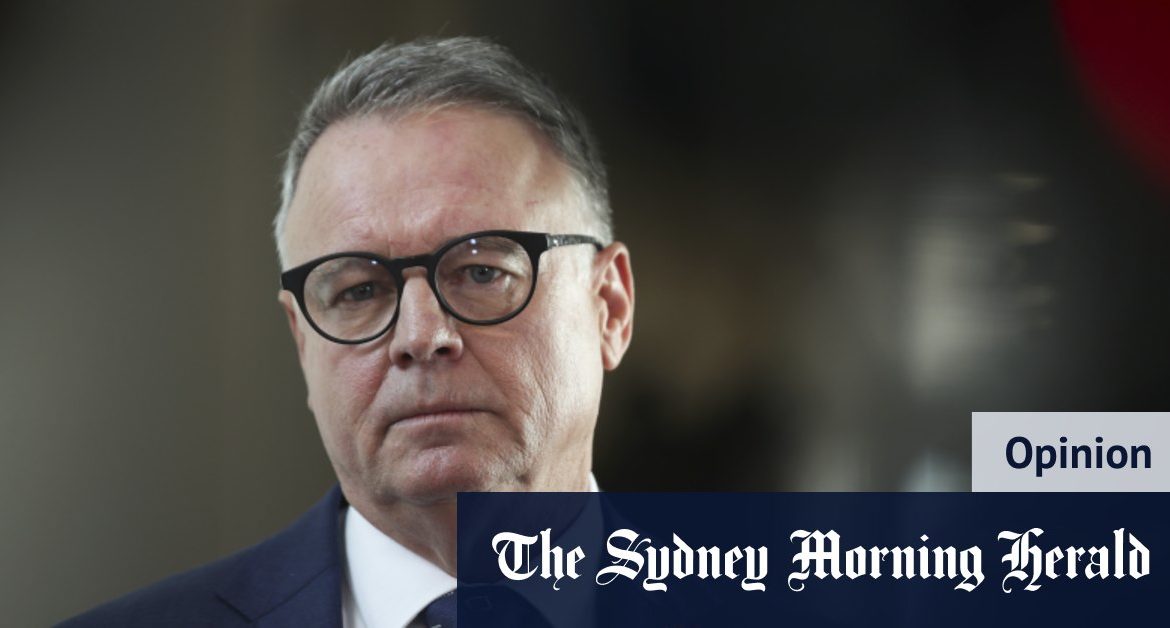That is how the communities of the Hunter used to be. And we still live by the same attitudes of rugged realism in the face of difficulty. We never perceive ourselves as entitled in that reckless, self-absorbed way that erodes trust and community spirit but are humbled by the earth in which we live and work.
Our forefathers made sacrifices by going down a pit for another back-breaking shift only so that the next generations could flourish. Now in 2021, those same values and sensibilities point to the need to close the coal mines, to help create a liveable Hunter for the next generations.
Most Australians know the paralysis in the climate debate in our country is an indulgence we cannot afford. We are dangerously poised in the current climate emergency. The claims being made by Fitzgibbon in pursuit of his own short-term political agenda do nothing constructive. They kneecap efforts by the Labor Party to form a cohesive voice as a functional opposition in our crucial national climate debate.
People in the Hunter are no different from people in other parts of the world who want immediate and drastic action to protect our Earth. Anyone unfamiliar with the Hunter could be forgiven for thinking that jobs in coal mining were all that mattered to our region. If you listened only to the distorted characterisations, you would think that a Hunter Valley without coal mines and coal dust would cause us all to collapse in despair.
This is bogus. Though Fitzgibbon only acknowledges it in passing, the fact is that the transition in employment out of primary industries has been afoot in our region for decades.
In the Hunter (excluding Newcastle), employment in the mining industries is low and shrinking. Jobs in tourism and hospitality outnumber jobs in mining, as do jobs in retail and construction. Population sizes in Hunter towns are booming while employment in the coal industry is declining. The Hunter Research Foundation showed that coal mining jobs in the Upper Hunter in 2018 had fallen by 2000 since 2012, and stood at 11,500. On the other hand, according to a parliamentary study, jobs in health and social assistance now stand at 17,100 .
Loading
The facts are that the performance of coal mining as an employment bastion in our region has been declining for a long time. The need for skills transfer by traditional workers in the coal mining industry to other sectors is a regular talking point among locals.
Sure, there are the newly settled or the “fly-in, fly-out” workers keen to make a quick buck, but that trend is grossly out of step with the natural attrition of a dwindling coal mining industry in the Hunter region. What we hear on the ground, the anecdotal evidence, shores up the official data.
We should be facilitating the transition out of coal mining and into future industries, not putting obstacles in the way. The invitation is open for Fitzgibbon to work with others to get an industry plan that fast-tracks to clean energy. The Hunter could positively model what can happen in other parts of the country for climate protection.
The Hunter region has been exploited for two centuries for its coal. Now it’s being exploited for political advantage in the most pernicious and regrettable way. By holding the national climate debate to ransom, Fitzgibbon is holding back the people of the Hunter and risking a dire future for our children and our children’s children. There have to be better ways forward.
Felicity McCallum is an Awabakal woman, a PhD candidate at Charles Sturt University and a research member of the Centre for Public and Contextual Theology. She lectures at the Australian Catholic University, Canberra.
Most Viewed in National
Loading







